Do’s and Don’ts of Taking Care of Fountain Pens
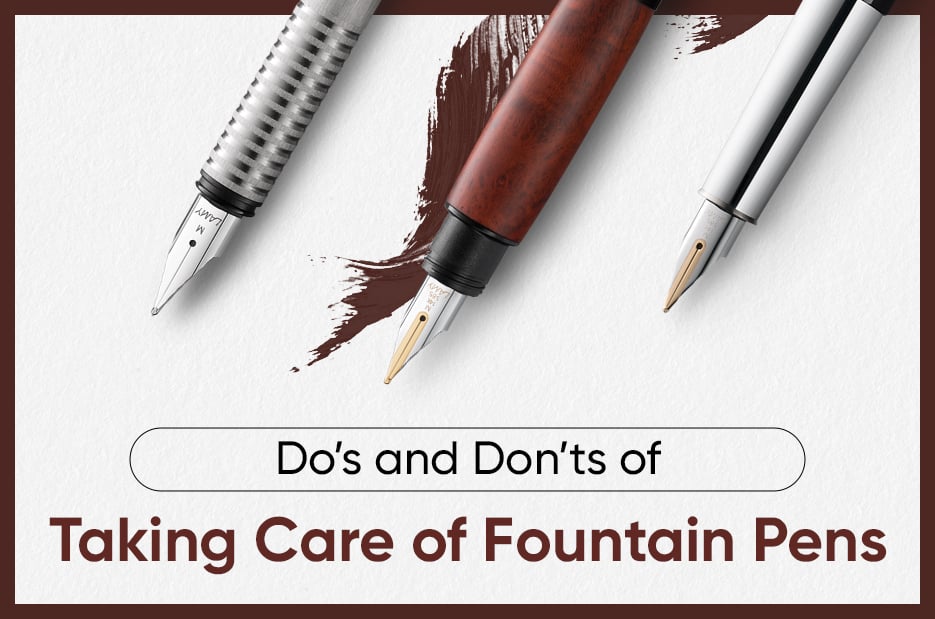
Fountain pens are beloved writing instruments cherished by many for their smooth writing experience and classic elegance. However, caring for fountain pens requires special attention to ensure their longevity and optimal performance. From cleaning and maintenance to handling and storage, there are essential dos and don'ts to keep in mind when it comes to taking care of fountain pens.
In this blog post, we will explore the dos and don’ts of properly caring for fountain pens. These will make sure that it continues to write smoothly and beautifully for years to come.
1. Do Not Leave Filled And Unused Fountain Pen
Leaving fountain pens filled with ink and unused for an extended period of time can result in ink drying up and clogging the pen's nib and feed.
This can affect the pen's performance and may require more extensive cleaning and maintenance to restore proper ink flow. It is best to empty the pen or use it regularly to keep the ink flowing smoothly and prevent ink from drying up inside the pen.
2. Do Write Regularly
Make sure to keep using your fountain pen on a regular basis. Regular use maintains the regular flow of the ink and prevents drying of the ink. It also prevents clogging in the pen and makes sure that your pen runs smoothly for a long period of time.
Also Read: 7 Beginner Fountain Pen Mistakes to Avoid
3. Do Store Your Pens Vertically
Storing fountain pens vertically with the nib pointing upwards is a good practice to prevent ink from settling in the feed and potentially causing ink flow issues.
Storing pens horizontally or with the nib pointing downwards can result in ink pooling in the nib or feed, leading to potential ink leakage, clogging, or other performance issues.
4. Don’t Damage The Nib
The nib of a fountain pen is a delicate component that requires careful handling. Avoid pressing too hard on the nib or dropping the pen on hard surfaces, as this can cause damage to the nib or misalign the tines, resulting in poor ink flow or scratchy writing. Be gentle when handling your fountain pen, and always cap it when not in use to protect the nib from damage.
5. Do Ensure That Cartridges And Converters Are Properly Inserted
If you are using cartridges or converters in your fountain pen, make sure they are properly inserted and secured. Cartridges should be fully pushed in until they click into place, and converters should be tightly screwed into the pen's grip section. This ensures that the ink flows properly and prevents any leakage or ink seepage that can cause damage to the pen or create a mess.
Also Read: Debunking the Myths About Fountain Pens
6. Do Empty Your Fountain Pen Regularly
It is important to empty your fountain pens regularly, especially if you are not using them for an extended period of time or if you plan to switch to a different ink color. This prevents ink from drying up in the pen and clogging the nib and feed.
To empty the pen, you can either write with it until the ink runs out or use a converter or cartridge to flush out the remaining ink by filling and emptying the pen with clean water several times.
7. Do Not Leave The Pen Uncapped
Some people unconsciously leave the fountain pen open or uncapped after using it. It causes the ink to dry out. It affects the functioning of the pen and you may not be able to reuse it. Even if it works again, you might need to get it fixed. So avoid leaving your precious fountain pens uncapped.
Also Read: How To Clean Your Fountain Pen
8. Don’t Clean It With Hot Water
While cleaning your fountain pen is important to maintain its performance, avoid using hot water as it can cause damage to the pen. Hot water can cause the ink to expand and potentially damage the pen's components or loosen adhesives used in the pen's construction.
It is best to clean your fountain pen with lukewarm water and mild dish soap or a fountain pen-specific cleaning solution, following the manufacturer's instructions or seeking professional advice if needed.
Conclusion
Proper care and maintenance are essential to keep your fountain pens in excellent condition and ensure they continue to provide you with a smooth writing experience for years to come. Following these dos and don'ts can help you extend the lifespan of your fountain pens and keep them in optimal working condition.
Frequently Asked Questions
1. What not to do with a fountain pen?
When using a fountain pen, avoid pressing too hard, as it can damage the nib and affect the ink flow. Don't use overly abrasive or thick paper, as it might cause feathering or bleed-through. Also, refrain from leaving the pen uncapped for too long, as the ink could dry out.
2. Do you need to clean a fountain pen after every use?
It's not necessary to clean a fountain pen after every use, but regular maintenance is recommended. Rinse the pen if changing ink colors, and clean it thoroughly at least once a month. This prevents ink buildup, maintains optimal performance, and extends the pen's lifespan.







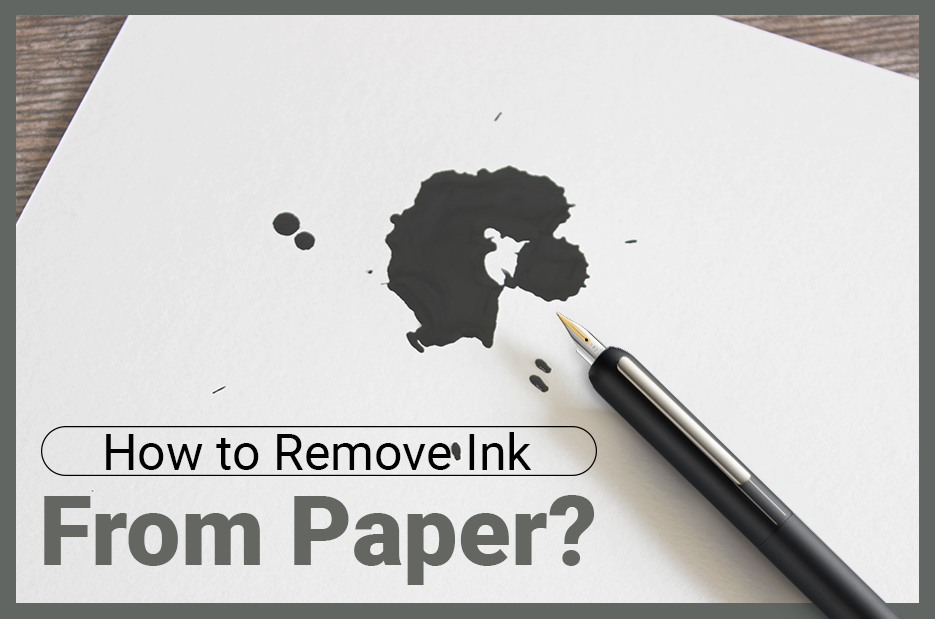

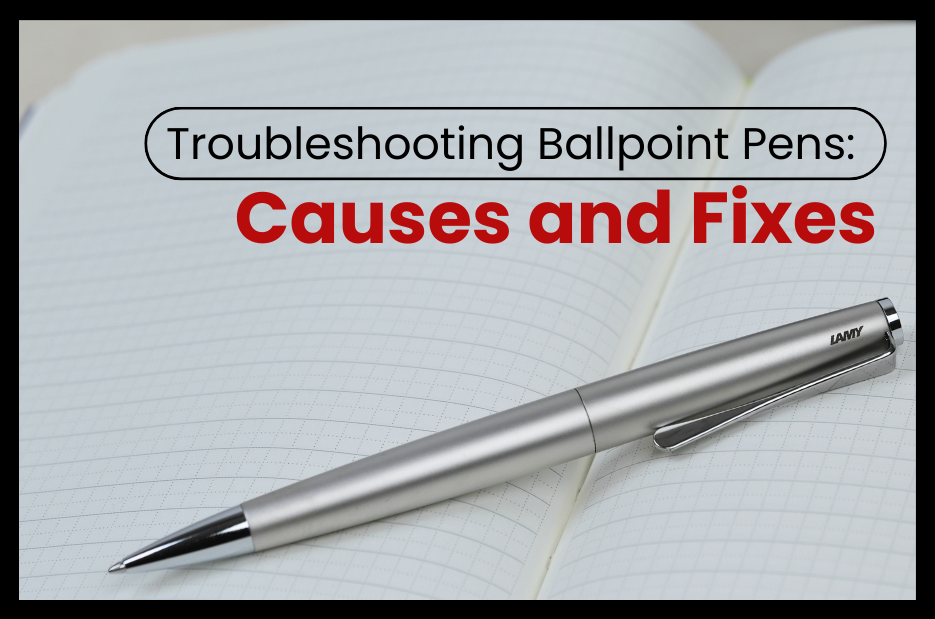
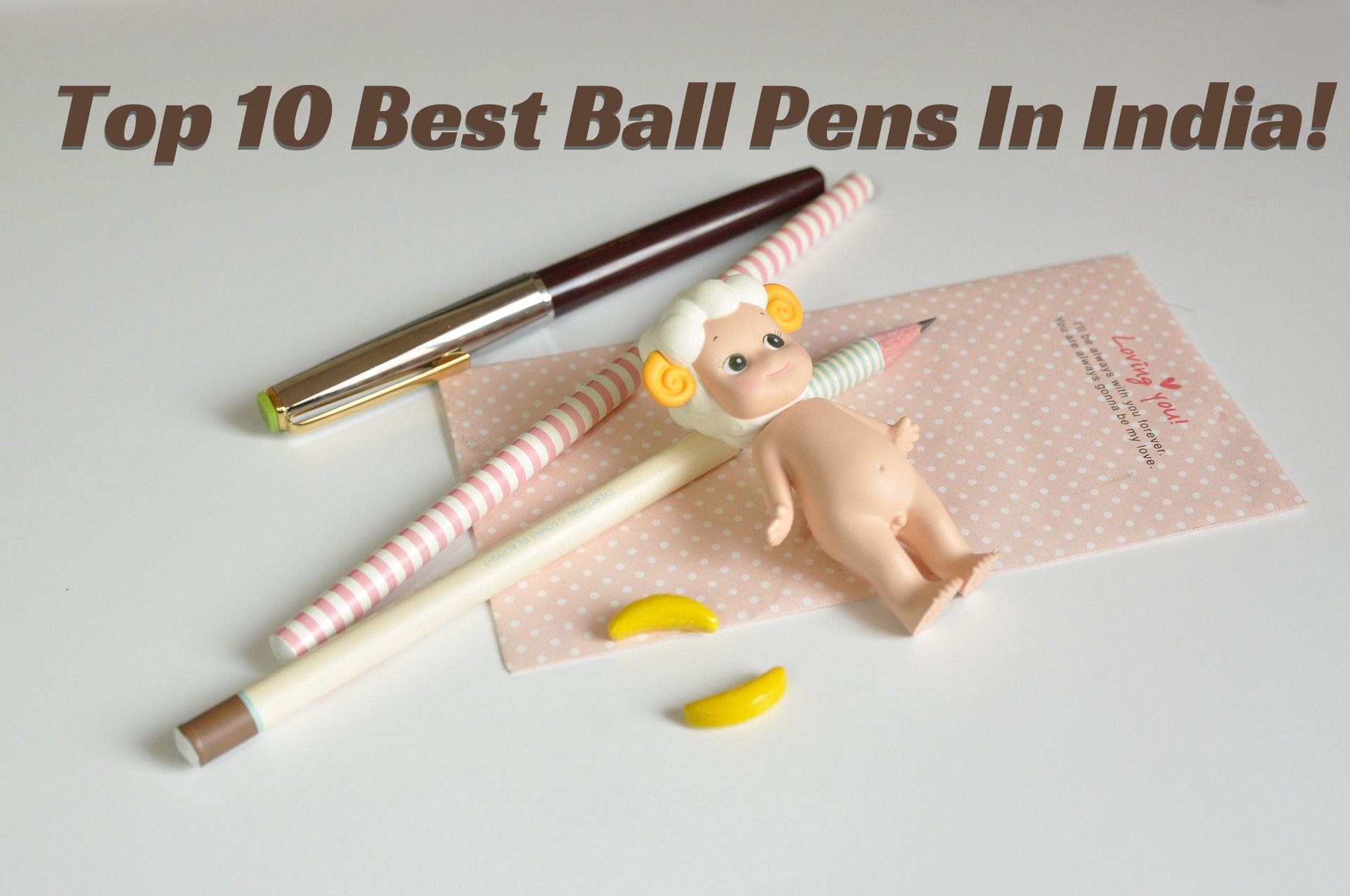

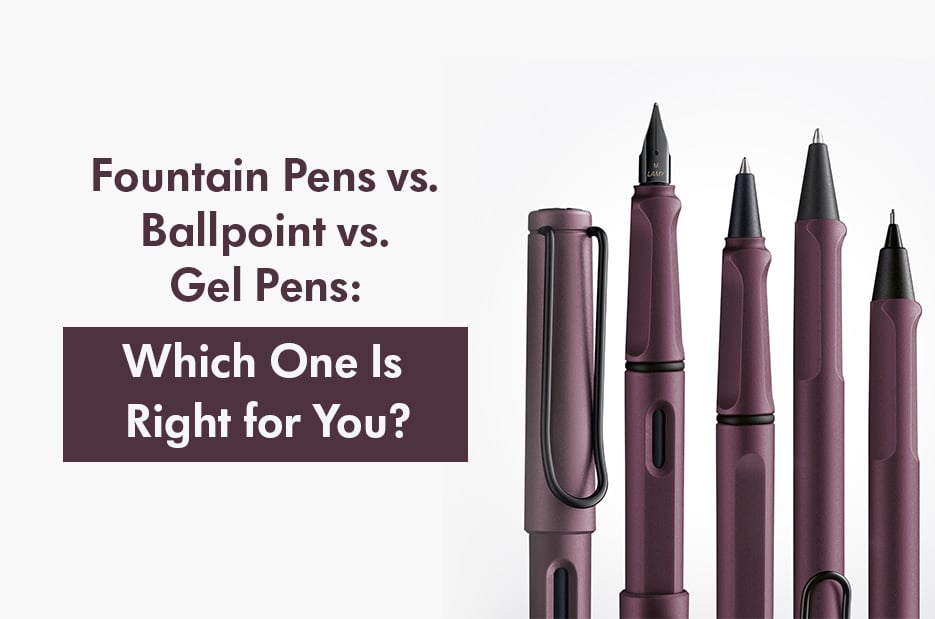
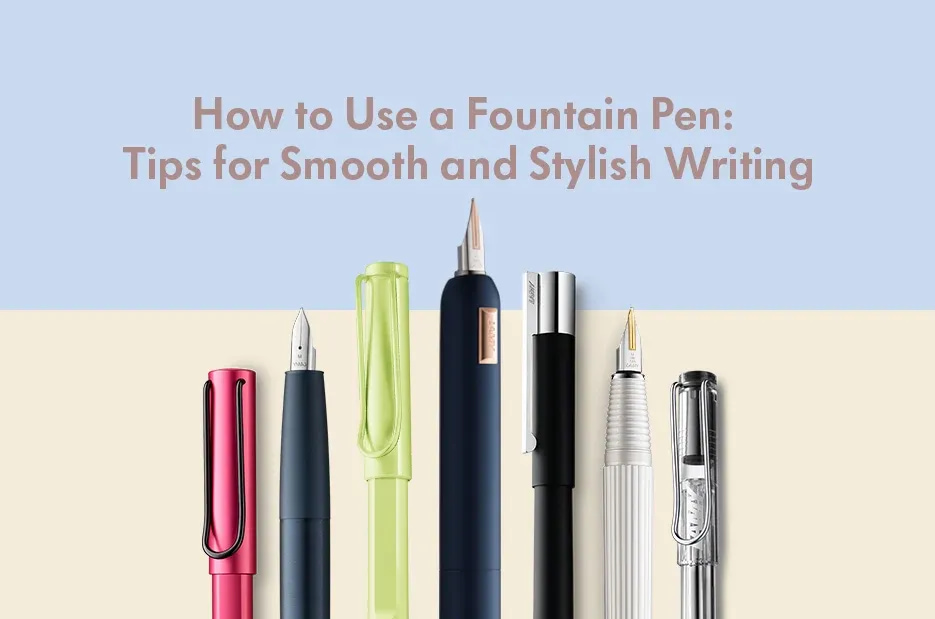
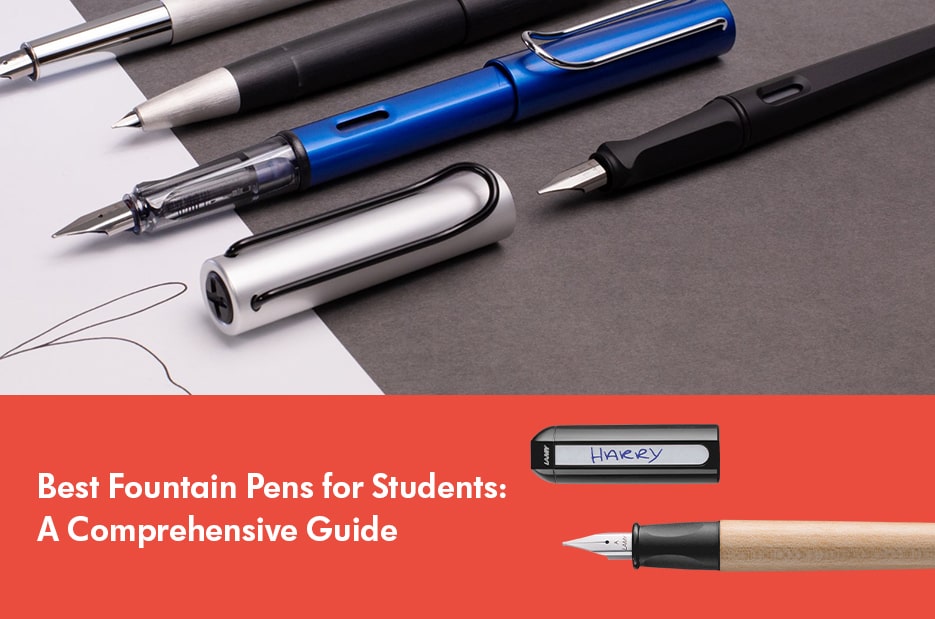
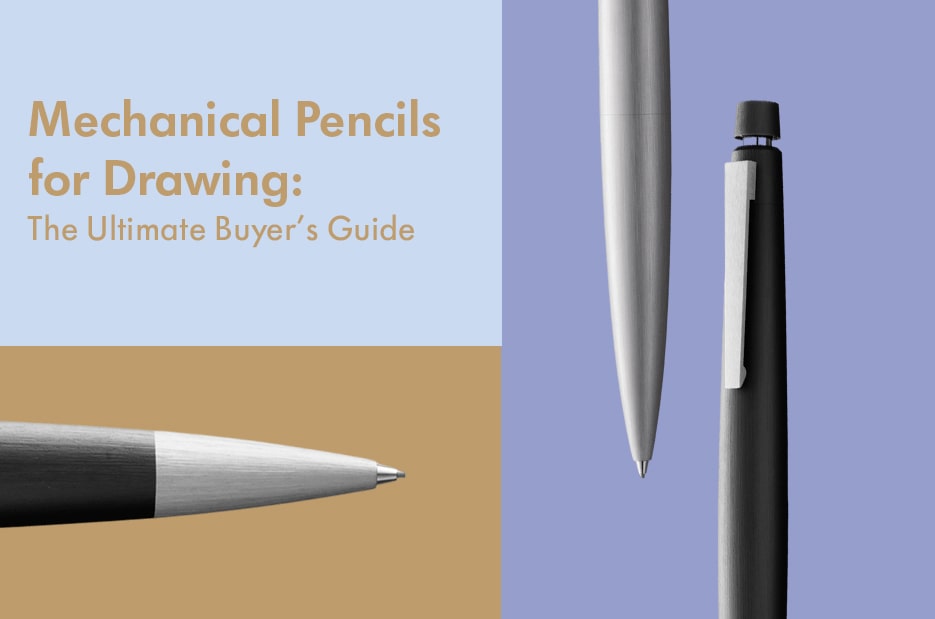
Comments